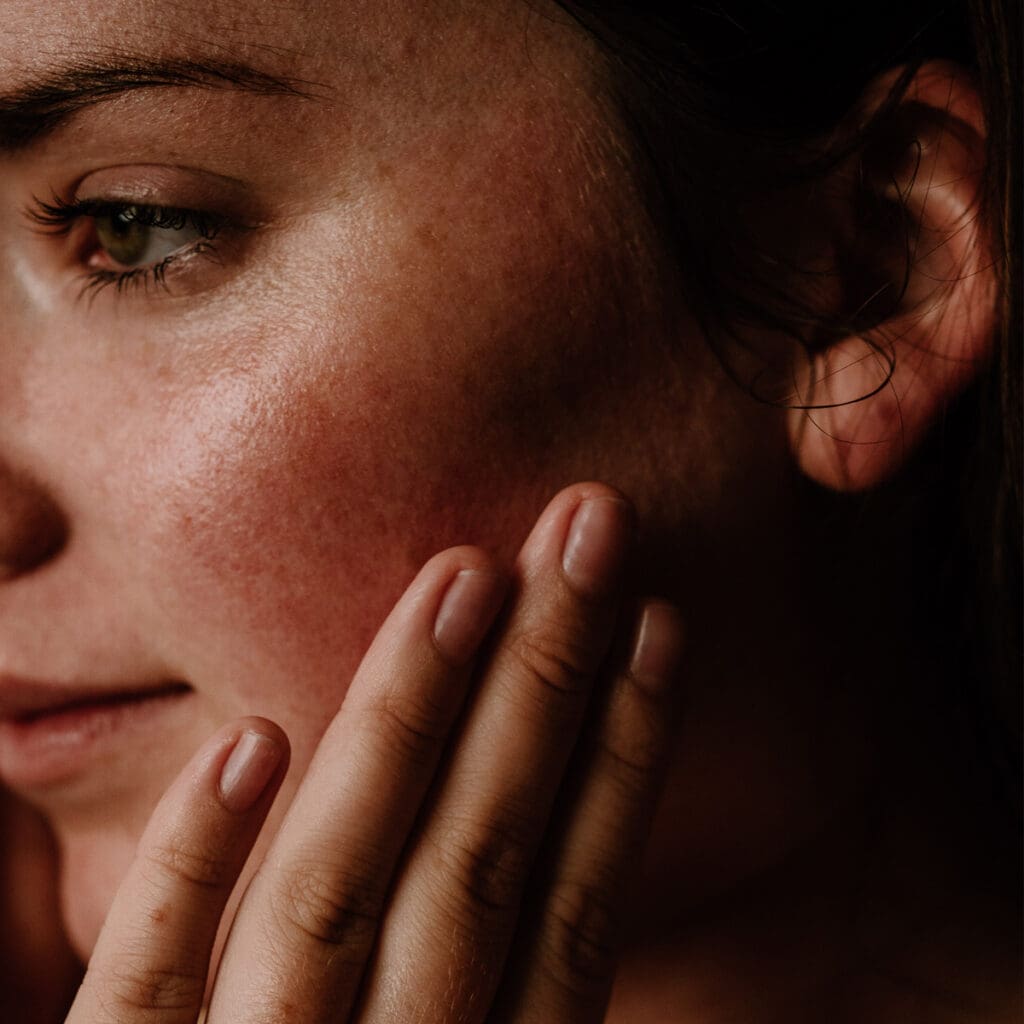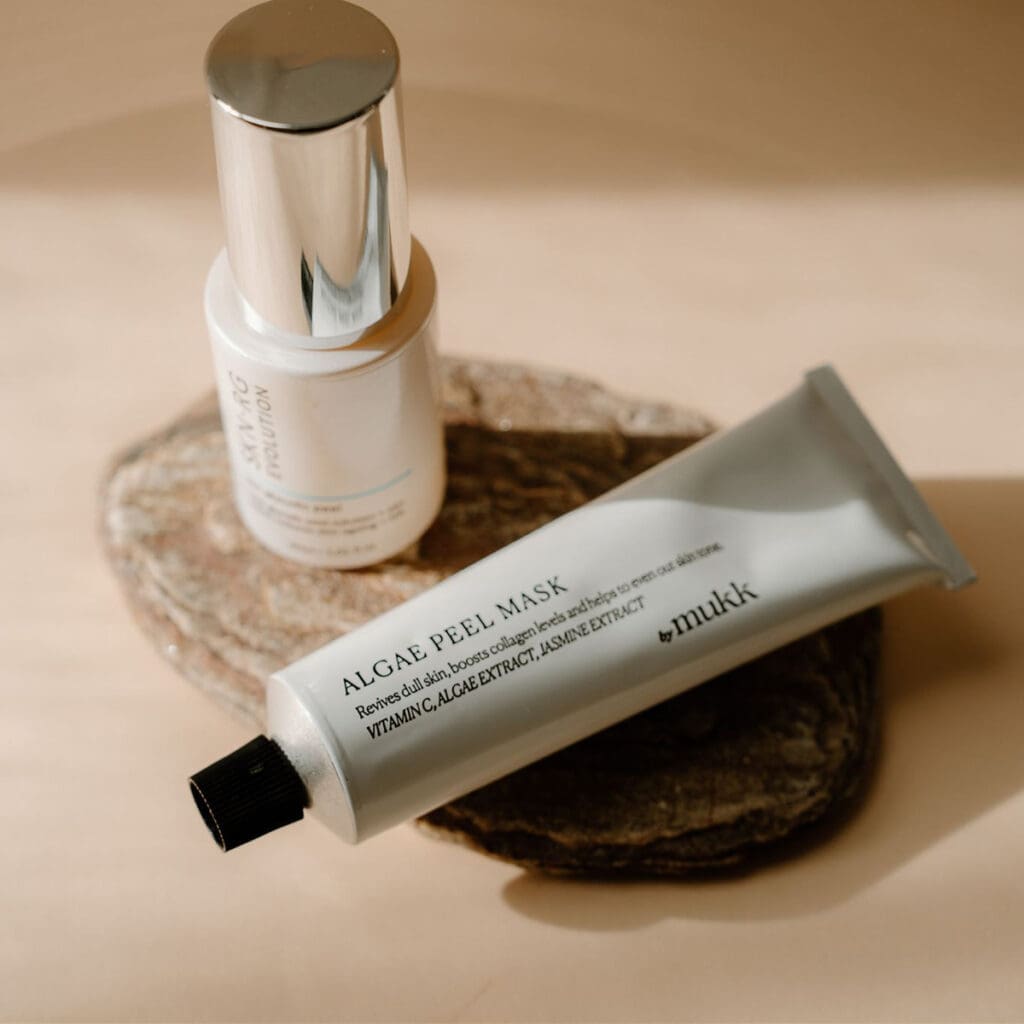Free shipping within NZ over N$150 and AUS over A$350. Shipping to AUS from A$9.90.
Free shipping within NZ over N$150 and AUS over A$350. Shipping to AUS from A$9.90.


How to know if your skin barrier is balanced?
If, after washing your face, your skin feels soft and comfortable—not tight or overly dry—and active ingredients like vitamins don’t cause flakiness or irritation, your barrier is in good shape. Balanced skin is less prone to redness, breakouts, and environmental sensitivity.
What’s the difference between UVA & UVB?
UVA: These rays don’t produce heat, so you can’t feel them on your skin, but they penetrate deeply into the dermal layers, damaging collagen and elastin cells, leading to premature aging, fine lines, and wrinkles.
UVB: These rays hold heat, which you can feel on your skin. UVB rays only penetrate the epidermis (the outer layer), but they’re responsible for sunburns and can contribute to skin cancer.
In short
Vitamin A speeds up the skin’s natural exfoliation process and stimulatess collagen & elastin production.
Vitamin C neutralizes free radicals and promotes collagen synthesis.
Vitamin B3 supports your skin’s natural barrier, making it more resilient.
More posts on these topics:
Stay updated with our latest skincare insights and news.
Subscribe to receive our newest blog posts directly in your inbox